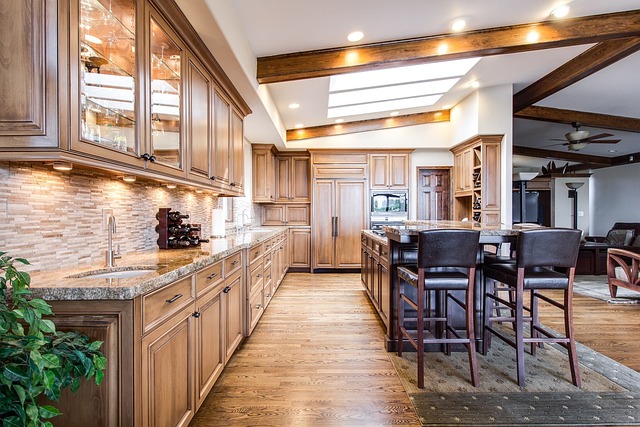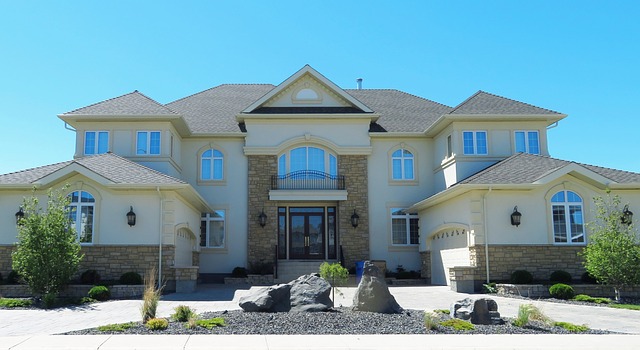When considering the purchase of an Executive Condo (EC) through the Buy-To-Own (BTO) scheme in Singapore, it's crucial to understand the differences between leasehold and freehold tenures. Leasehold ECs, typically with a 99-year lease, are often more affordable but may see their resale value decrease over time as the remaining lease term shortens. Freehold ECs, though less frequent, offer a stable investment due to their indefinite land ownership and can retain or even appreciate in value over time. Both options have their advantages; leasehold ECs might be more accessible initially, while freehold ECs provide a sense of permanence and potentially greater profitability at resale. Prospective buyers must evaluate these factors alongside location, development age, and market trends to make an informed decision that aligns with their long-term financial strategy and personal preferences within the Executive Condo Bto marketplace.
Singapore’s property landscape offers diverse options for homeowners, with Executive Condos (ECs) being a popular choice, particularly for first-time buyers. This article delves into the distinctions between EC leasehold and freehold ownerships, guiding potential investors through the intricacies of BTO ECs, financing options, and the long-term implications on resale value and lifestyle. By exploring each aspect in detail, from the initial purchase to the future market trends, readers will be equipped with a comprehensive understanding to make an informed decision between leasehold and freehold ECs.
- Understanding Executive Condo (EC) Leasehold and Freehold Ownership Options in Singapore
- The Pros and Cons of Buying a BTO (Build-To-Order) EC on Leasehold Land
- Leasehold vs Freehold: Long-Term Considerations for EC Investors in Singapore
- Financing Your EC: Leasehold vs Freehold Mortgage Implications
- The Resale Value Dynamics of Leasehold versus Freehold ECs
- Lifestyle and Living Experience: What to Expect from Leasehold vs Freehold ECs
- Making an Informed Decision: Factors to Consider When Choosing Between Leasehold and Freehold ECs
Understanding Executive Condo (EC) Leasehold and Freehold Ownership Options in Singapore
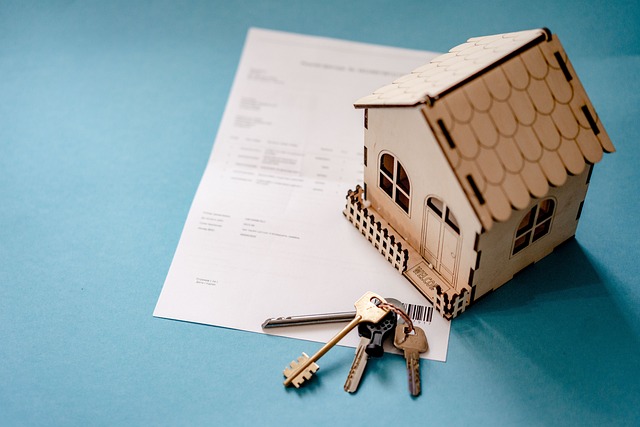
In Singapore’s vibrant real estate landscape, potential homeowners and investors often weigh their options between Executive Condominiums (ECs) with leasehold tenure and those available as freehold properties. Executive Condo Build-To-Order (BTO) units present a unique opportunity for both first-time homebuyers and upgraders. Leasehold EC BTOs are typically granted a 99-year lease, offering residents a significant portion of the benefits of ownership while allowing them to live in a larger space than what might be available through public housing. This lease term is carefully chosen to align with Singapore’s land use planning and to provide long-term value. On the other hand, freehold properties in Singapore are a rare find within the EC category and offer full ownership for an indefinite period. This distinction can influence the property’s future resale value and the potential for capital appreciation. Prospective buyers must consider their long-term needs and investment goals when deciding between these two types of tenure, as the lease duration can significantly affect the property’s value over time. Both leasehold and freehold EC BTO options are subject to the eligibility criteria set forth by the Singapore government, ensuring that they cater to the middle-income group. In conclusion, understanding the nuances between an Executive Condo on a leasehold basis and a freehold EC is crucial for making an informed decision that aligns with one’s lifestyle and financial objectives.
The Pros and Cons of Buying a BTO (Build-To-Order) EC on Leasehold Land
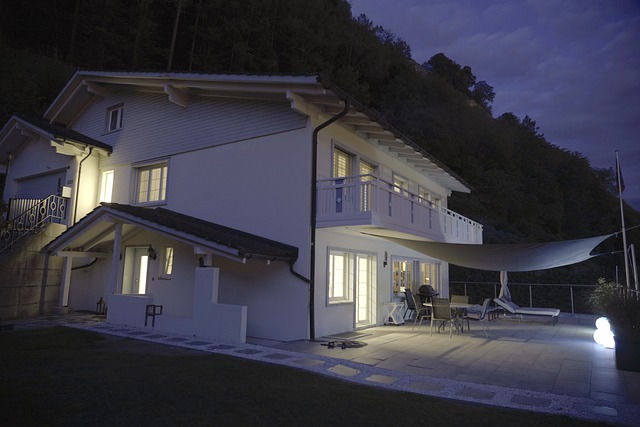
When considering the purchase of a Build-To-Order (BTO) Executive Condominium (EC) in Singapore, understanding the implications of leasehold land is crucial. An EC is a hybrid housing model that offers the benefits of both public and private housing, designed for couples and families with the option to upgrade to a resale flat after fulfilling certain criteria. Purchasing a BTO EC on leasehold land presents unique advantages and considerations.
On the pro side, BTO ECs on leasehold land offer affordability for younger couples, allowing them to enjoy the luxuries of an EC without the financial burden of a freehold property. The 99-year lease provides a balance between the length of tenure and cost-efficiency, making it an attractive option for homebuyers who are willing to invest in properties with a leasehold duration. Moreover, as the land is redeveloped every few decades, residents can potentially enjoy enhanced facilities and updated amenities over time, reflecting the dynamic nature of the property market in Singapore. However, potential buyers should be aware of the cons associated with leasehold land. The most significant being the eventual expiry of the lease, which could affect the value of the property as it becomes older. Additionally, should the lessor decide not to renew the lease, residents may have to vacate or pay higher taxes and fees due to the reduced lease duration. Prospective owners must weigh these factors carefully when considering a BTO EC on leasehold land. It’s a decision that hinges on long-term planning and a commitment to the sustainability of the investment over the 99-year period.
Leasehold vs Freehold: Long-Term Considerations for EC Investors in Singapore

Financing Your EC: Leasehold vs Freehold Mortgage Implications
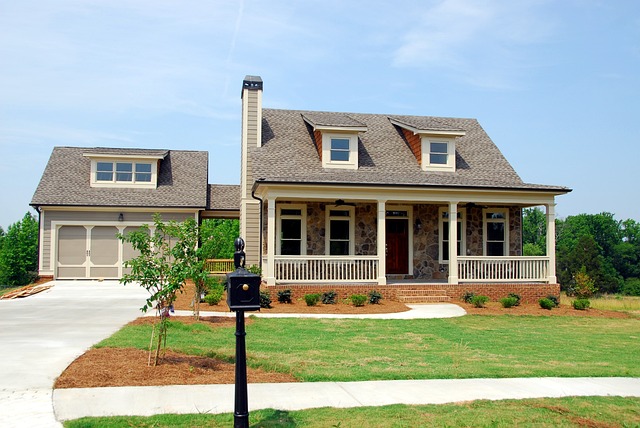
When considering the purchase of an Executive Condominium (EC) in Singapore, potential buyers must weigh the implications of choosing between a leasehold and freehold property, particularly as it relates to financing. For those opting for an EC on a leasehold basis, under the Bto (Balance to Original Lease) framework, the remaining lease is effectively split between the original 99-year lease and the balance years left. This means that the mortgage tenure can span up to 75 years from the date of completion of the EC, provided the remaining lease is not less than 20 years at the time of the loan application. Lenders typically offer up to 75% of the purchase price or valuation of the EC, whichever is lower, for leasehold properties. In contrast, freehold ECs offer greater flexibility in terms of mortgage planning as the entire property is owned freehold. The loan tenure can align closely with the remaining duration of the lease, offering a more straightforward repayment structure. However, due to the shorter remaining lease for most existing and upcoming ECs, securing a mortgage for a leasehold EC may still present financing opportunities that are comparable to those for freehold properties, given the right conditions and lender policies. Prospective buyers should thoroughly assess their financial situation, considering factors such as the age of the property at the time of purchase and the length of the loan tenure, to determine which type of ownership structure best suits their long-term financial planning. Navigating the nuances of EC financing requires a clear understanding of the Bto lease reduction process and the implications it has on mortgage eligibility and terms for both leasehold and freehold ECs.
The Resale Value Dynamics of Leasehold versus Freehold ECs

In the realm of property investment in Singapore, discerning between the resale value dynamics of Leasehold versus Freehold Executive Condos (ECs) is pivotal for investors and homeowners. Leasehold ECs, designed under the Build-To-Order (BTO) scheme, offer a finite period of land tenure determined by the initial 99-year lease. As the lease decreases over time, the resale value of Leasehold ECs can be influenced by the remaining lease; potential buyers will place higher value on properties with longer remaining leases. Conversely, Freehold ECs, though rare given the majority are leasehold, hold their value differently. Their inherent permanence and lack of lease expiration contribute to a steadier resale value, which can be particularly advantageous in the long term. Investors often view Freehold properties as a more secure investment due to this characteristic, potentially leading to higher demand and better resale prospects.
The resale market for both Leasehold and Freehold ECs is subject to market conditions, buyer preferences, and the overall economic climate. Leasehold ECs may initially offer lower purchase prices compared to their Freehold counterparts, making them accessible to a broader range of buyers. However, as the lease matures, the resale value can decline more sharply if the remaining lease does not align with the majority of buyers’ preferences for longer leases. In contrast, Freehold ECs maintain their value more consistently, offering a potentially more stable investment. For those looking to purchase an EC for both living and eventual reselling, understanding the nuances between Leasehold and Freehold properties under the EC framework is essential for informed decision-making in the vibrant Singapore property market.
Lifestyle and Living Experience: What to Expect from Leasehold vs Freehold ECs
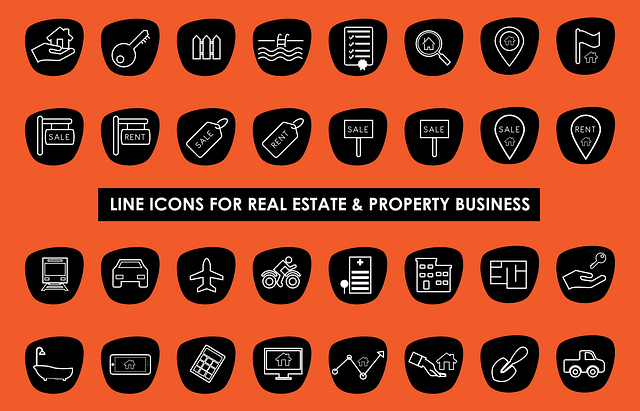
When considering an Executive Condo (EC) on a Buy-to-Own (BTO) basis, the distinction between leasehold and freehold tenure significantly impacts the lifestyle and living experience. Leasehold ECs offer residency for a set number of years as determined by the land’s initial lease term granted by the government. Typically, leasehold properties come with a 99-year lease, which means that while you won’t own the land, you have exclusive rights to it for nearly a century. This arrangement is ideal for those looking for a middle-ground solution between the longevity of a freehold property and the affordability often associated with public housing. Residents can enjoy the full spectrum of amenities within the EC, along with the benefits of living in a vibrant community that fosters social interaction and shared experiences.
In contrast, freehold ECs are a rarity but offer the ultimate form of tenure security, as they come with perpetual ownership rights over both the property and the land it sits on. This type of property is particularly attractive for those seeking a long-term investment or wishing to pass down their home through generations. Freehold ECs often command higher prices due to their unique status and enduring appeal. The living experience in a freehold EC is characterized by stability and exclusivity, with residents typically enjoying larger units and possibly more premium amenities within the development. Both leasehold and freehold ECs provide a platform for homeowners to tailor their living space to their lifestyle preferences, but the choice between the two should be based on personal needs, investment goals, and the desired duration of ownership.
Making an Informed Decision: Factors to Consider When Choosing Between Leasehold and Freehold ECs
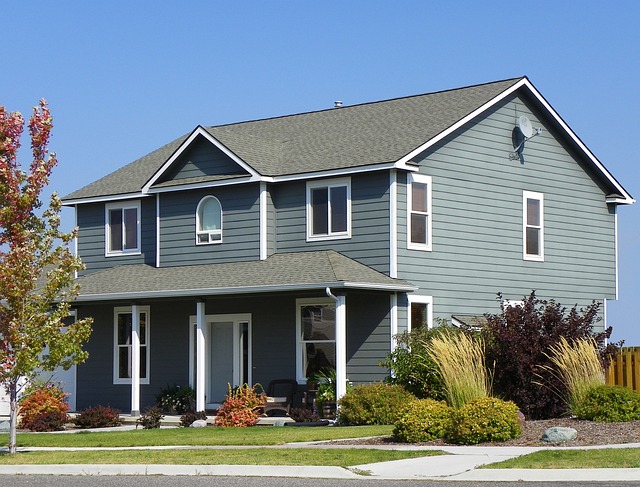
When contemplating the purchase of an Executive Condominium (EC) on a Buy-To-Own (BTO) basis, discerning homeowners face a pivotal decision between leasehold and freehold tenures. This choice is influenced by several factors that extend beyond mere property types. The duration of enjoyment is one such factor; leasehold ECs typically offer a 99-year lease, which, while substantial, is finite and may affect resale value over time. Conversely, freehold properties grant ownership in perpetuity, potentially offering longevity and stability.
Another key consideration is the liquidity of the property. Leasehold ECs might present more favorable entry-level pricing, making them accessible to a broader range of buyers. However, the resale value may be influenced by the remaining lease duration. Freehold properties, with their indefinite hold periods, often appreciate differently and can be more attractive to a wider pool of potential buyers upon resale. Additionally, the location and development status of the EC also play significant roles; some regions may have more favorable market conditions for either leasehold or freehold properties, which can impact the investment’s potential returns.
Investors and homeowners should evaluate their long-term objectives, financial situation, and personal preferences when deciding between an Executive Condo (BTO) on a leasehold or freehold basis. The choice hinges not only on the immediate benefits but also on the future implications for both living and investment purposes. It’s crucial to consider the nuances of each option, including the unique advantages and constraints that come with the tenure type, as well as the broader market trends that influence EC valuations. By carefully weighing these factors, individuals can make an informed decision that aligns with their individual needs and investment strategy.
In Singapore’s dynamic property landscape, discerning between an Executive Condominium (EC) on leasehold and one that is freehold offers unique advantages and challenges. This article has delved into the intricacies of both leasehold and freehold ownership options, highlighting key aspects such as long-term implications, mortgage considerations, resale value dynamics, and lifestyle expectations for BTO ECs. Prospective buyers must weigh these factors carefully to make an informed decision that aligns with their long-term objectives and financial planning. Ultimately, whether one opts for the flexibility of leasehold or the permanence of freehold, understanding the nuances of each will be instrumental in navigating the property market effectively.

